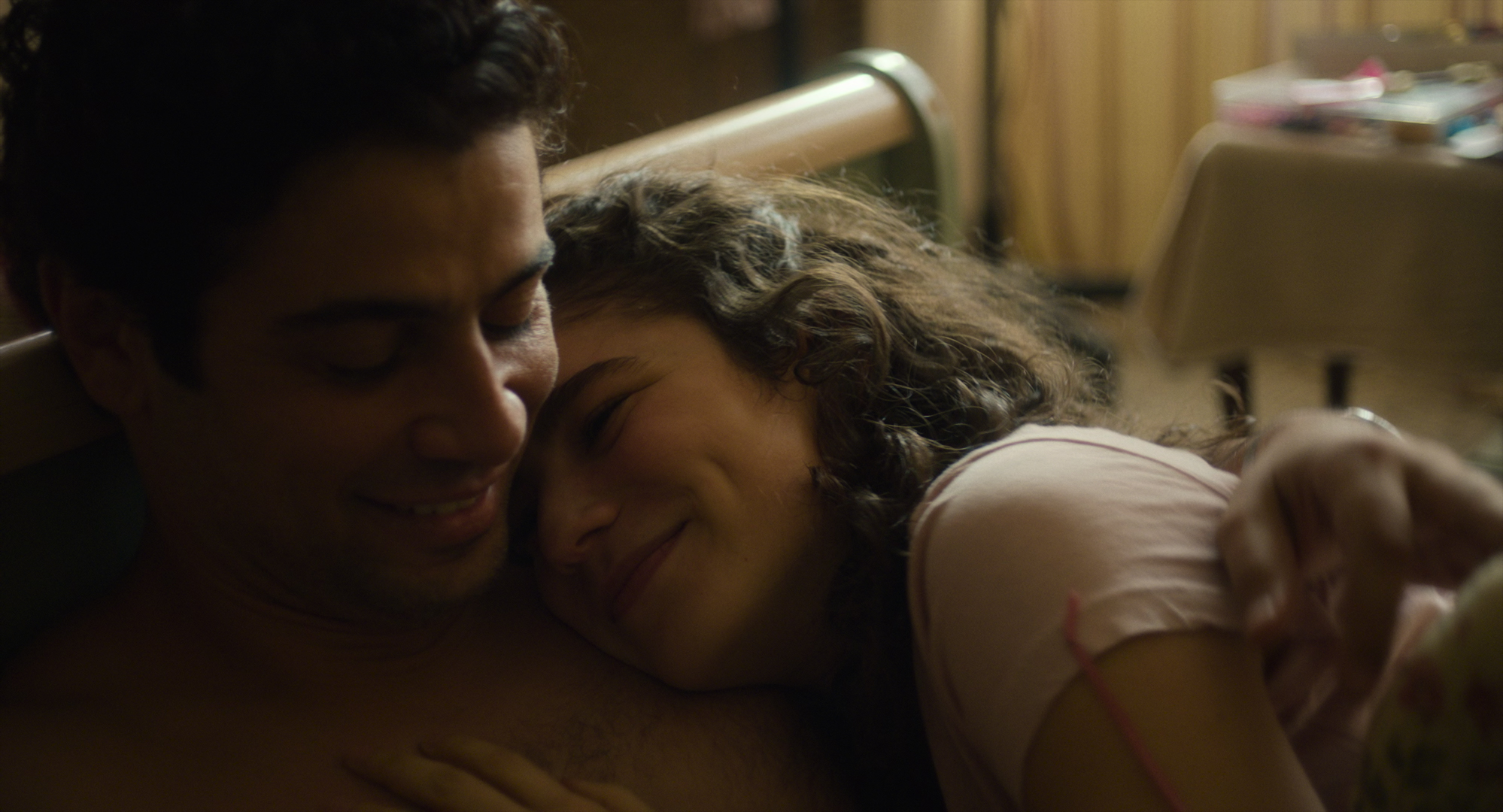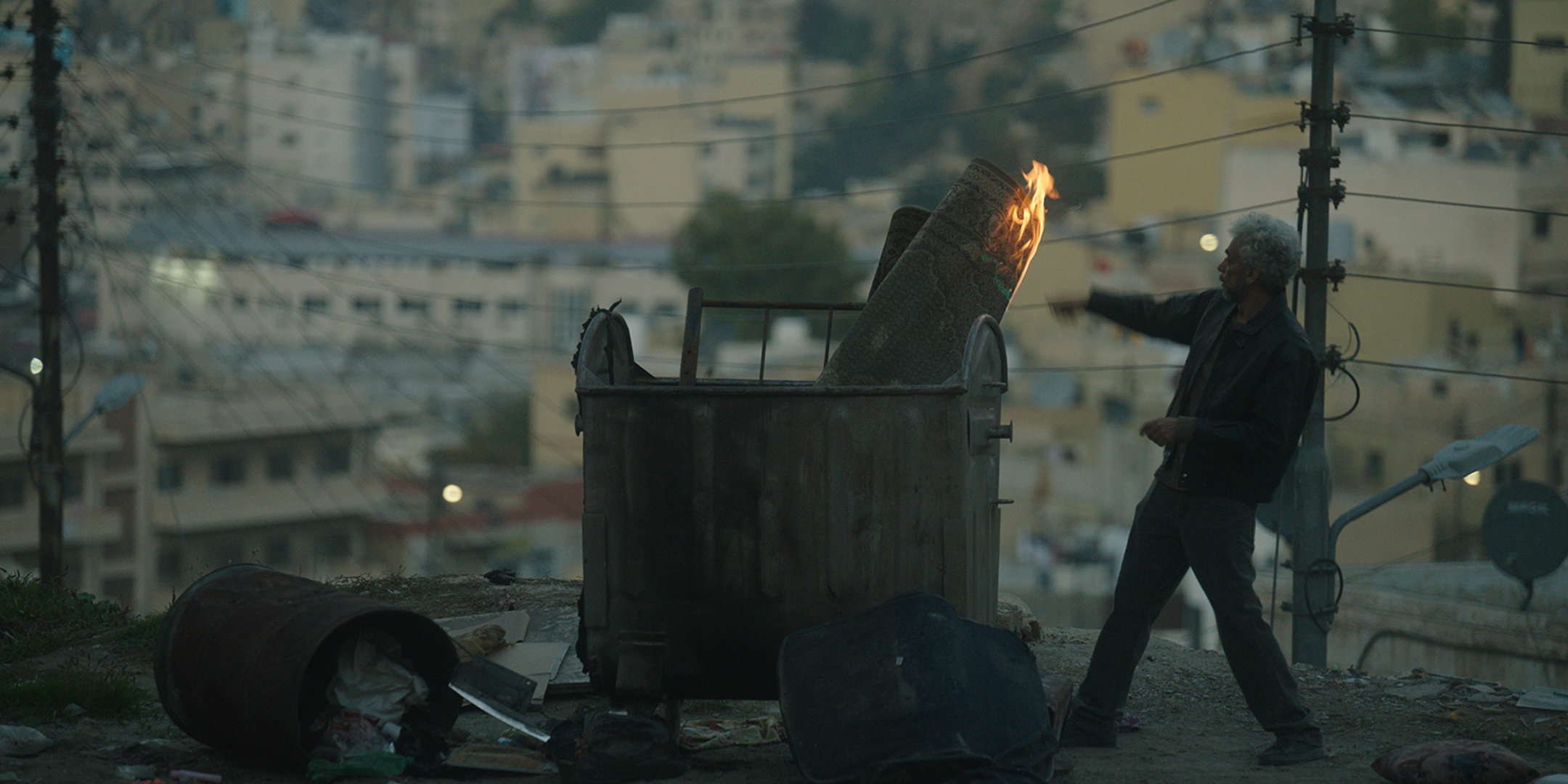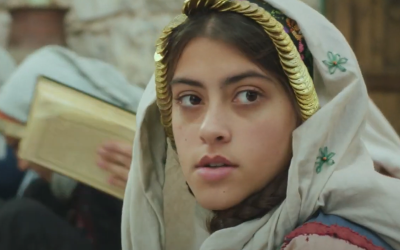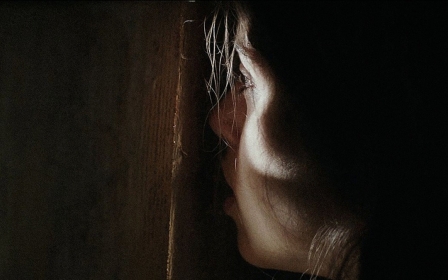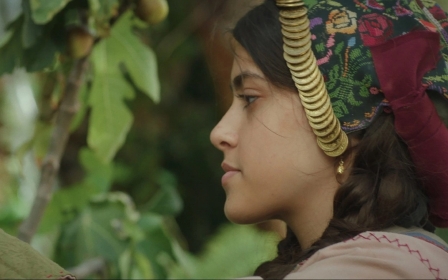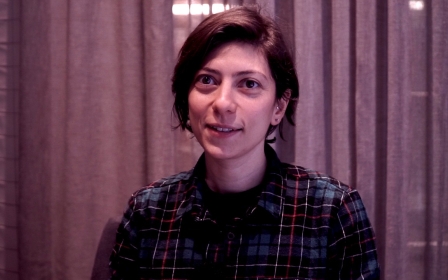Netflix: Jordanian film Al Hara sparks controversy despite receiving awards
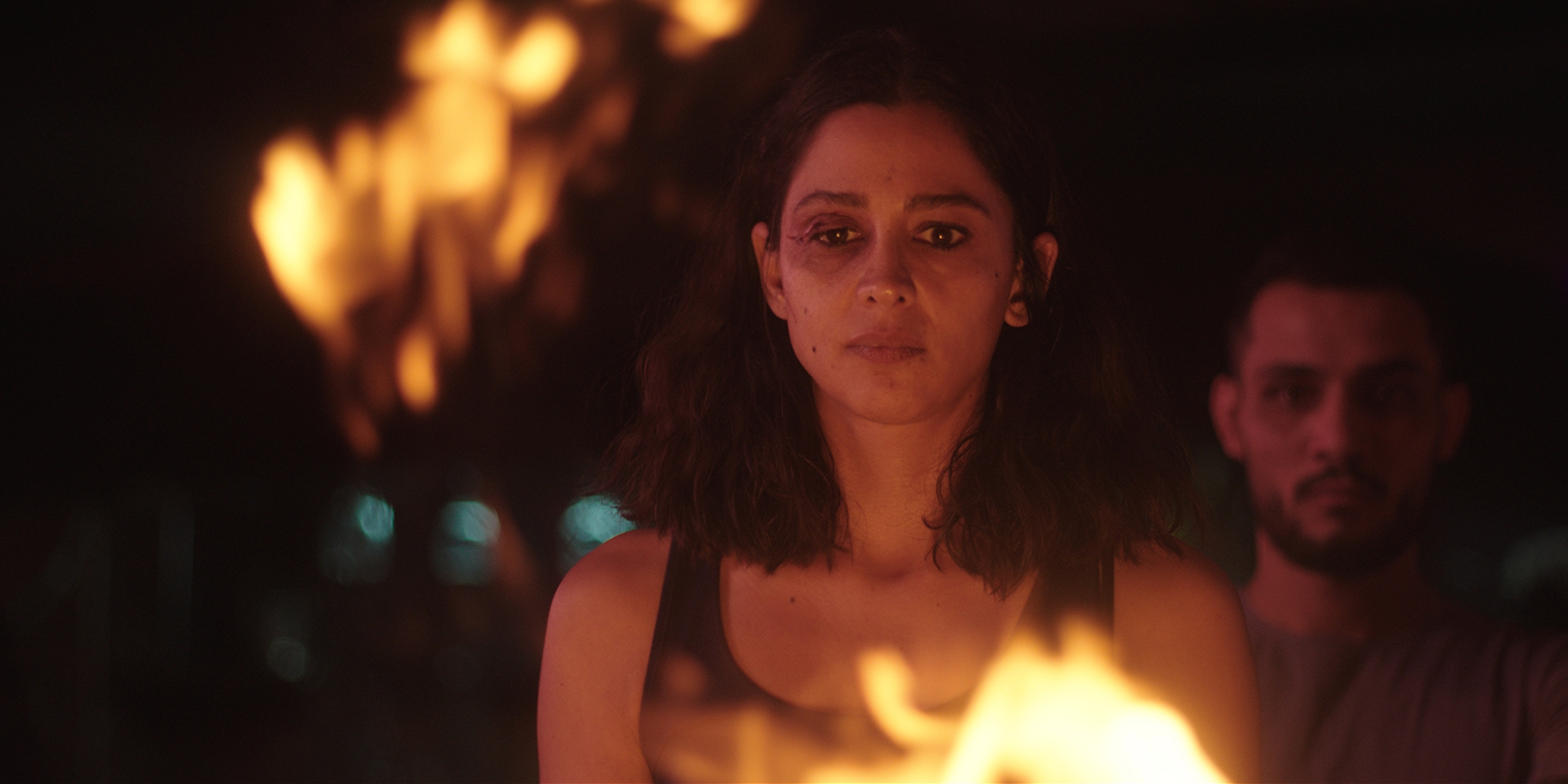
Despite being rated as Netflix’s most-watched film for four consecutive weeks in Jordan, the thriller Al Hara (The Alleys) has sparked a great deal of controversy in the country, particularly amongst conservative parliamentarians.
Some members of parliament have reacted strongly, blasting the film for its use of profane language and its poor representation of Jordanian society.
Set in a violent neighbourhood in East Amman, Al Hara follows a young couple whose lives are thrown into chaos when they are subjected to a blackmail campaign.
Following the release of the uncensored version of the film on Netflix early last month, conservative parliamentarian Muhammad Abu Sailik called for an investigation into Jordan’s Royal Film Commission (RFC) for supporting Al Hara, which he said “distorts the public image of Jordanian society".
New MEE newsletter: Jerusalem Dispatch
Sign up to get the latest insights and analysis on Israel-Palestine, alongside Turkey Unpacked and other MEE newsletters
Another parliamentarian, Suleiman Abu Yahya, has called to revoke the citizenship of one of the film’s stars, Munther Rayahneh, because the 43-year-old actor defended Al Hara, arguing that it sheds light on a marginalised group in Jordanian society.
The film certainly offers a rare insight into the gritty inner workings of Amman’s gangs and nightlife.
Art as a reflection of society
While the film isn’t the only Jordanian Netflix production to receive criticism (Jinn and the series Al Rawabi School for Girls also faced backlash), the film has also amassed support in and outside of the country as well as received awards at international film festivals.
'There is no problem having divergent opinions as long as they are part of a healthy debate'
- Mohannad Bakri, managing director
Al Hara's director, Bassel Ghandour, has defended the film, saying that he spent nearly five years researching social networks in the East Amman neighbourhood and the stories that circulated there, in order to make the film as authentic as possible.
“I wanted to transport audiences to a neighbourhood they didn’t experience,” he told Middle East Eye.
"Cinema is art; art is culture; and culture is a reflection of society in all its diverse components,” said RFC managing director Mohannad Bakri in a written statement to MEE.
“People may like or dislike, agree or disagree with a style or a form, or the content of an artistic product. There is no problem having divergent opinions as long as they are part of a healthy debate and that they don’t exclude or shame those who hold different opinions," Bakri added.
Stirring debate
Some of the elements of the film that have stirred debate, particularly amongst Jordan’s conservative leaders, are its use of profanities and its depiction of underground nightclubs where women undertake sexualised work.
Lambasting it for showing the neighbourhood in a negative light, MP Abu Yahya decried Al Hara as a "low standard of media".
However, Ghandour has defended his film, stating that many of the scenes shown do in fact exist in society.
'Anybody who thinks otherwise is either living in a cocoon or in a romantic ideal that isn’t true'
- Bassel Ghandour, director
“Anybody who thinks otherwise is either living in a cocoon or in a romantic ideal that isn’t true,” he says.
According to Ghandour, the research that underpins the film was supported by its associate producer, Mahmoud Abu Farha, who lives in the lower-income Jabal al-Natheef neighbourhood in East Amman, where the film was based and shot.
Emad Azmi, who plays the protagonist, Ali, in the film, told MEE that Abu Farha’s insight was essential to informing the intricacies of Ali’s character: a young man who wishes to leave what he sees as the confines of the neighbourhood.
Azmi said that every detail of the film, right down to Ali’s accent, was informed by Abu Farha’s lived experience in the East Amman neighbourhood.
Maisa Abd Elhadi, a Palestinian actress who plays Hanadi - the female antagonist and the gang’s matriarch - also praised the film’s authenticity.
She told MEE that she met with “night girls” and those involved in criminal circles in Amman, where she heard their stories and learned about the covert rules of the underground system.
“I was sitting with people who were part of this world,” Elhadi said. “As actors, we got so much information, which made our characters even richer because we knew exactly who we were playing and what we were talking about,” she added.
Abd Elhandi also said that the stories she heard during the filmmaking process also exposed a "world full of injustice”.
“Of course, the girls didn’t want to be there,” she added, referencing those she met working in Amman’s underground nightclubs.
A blossoming film scene
For decades Jordan has been a pristine backdrop for blockbuster productions, such as Lawrence of Arabia and the 2015 sci-fi adventure, The Martian. But recently the interest in - and quality of - local cinema has blossomed.
“We’re starting to tell stories that have a different flavour to them,” noted the film’s star, Azmi, who has been involved in Jordan’s film scene since 2006.
“The directors are becoming a bit more daring to tell good stories,” he added. “And we have more stories to be told."
The vast majority of the cast and crew in Al Hara were from Jordan, noted Ghandour, and the recent thriller is just one of many Jordanian productions to have received international attention over the past year.
Farha, a historical drama about a girl coming-of-age during the 1948 Nakba, directed by Darin J Sallam, and Daughters of Abdul-Rahman, a comedy-drama depicting four estranged and offbeat sisters, directed by Zaid Abu Hamdan, were just some of the Jordanian films that have been recently praised.
However, Ghandour added that while Jordan’s film scene is growing, the industry still only pushes out a few films each year, which leaves a “heavy burden on each individual film”, meaning criticism targeted at films can hit hard.
“If we were to make 100 films a year, we might be able to fully represent one part of society,” said Ghandour.
“No book, no film, is able to represent an entire society, or an entire city, or even an entire neighbourhood,” he added, “And so to have the full spectrum, we would just need to create more and more and more.”
Middle East Eye delivers independent and unrivalled coverage and analysis of the Middle East, North Africa and beyond. To learn more about republishing this content and the associated fees, please fill out this form. More about MEE can be found here.


